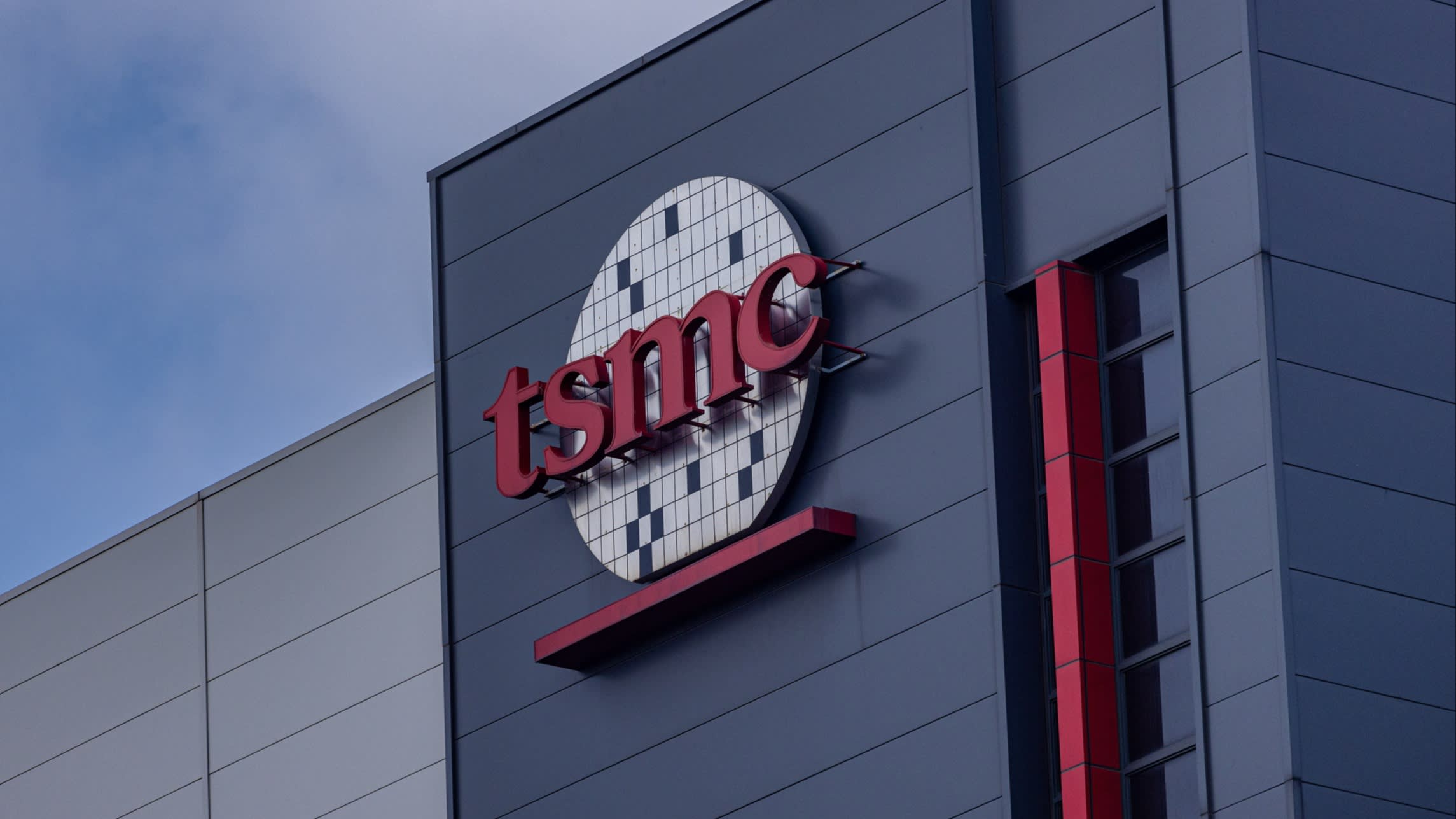Taiwan Semiconductor Manufacturing Company has notified Chinese chip design companies that it will suspend production of their most advanced artificial intelligence chips, as Washington continues to impede Beijing’s AI ambitions.
TSMC, the world’s largest contract chipmaker, told Chinese customers it would no longer manufacture AI chips at advanced process nodes of 7 nanometres or smaller as of this coming Monday, three people familiar with the matter said.
Two of the people said any future supplies of such semiconductors by TSMC to Chinese customers would be subject to an approval process likely to involve Washington.
TSMC’s tighter rules could reset the ambitions of Chinese technology giants such as Alibaba and Baidu, which have invested heavily in designing semiconductors for their AI clouds, as well as a growing number of AI chip design start-ups that have turned to the Taiwanese group for manufacturing.
The US has barred American companies like Nvidia from shipping cutting-edge processors to China and also created an extensive export control system to stop chipmakers worldwide that are using US technology from shipping advanced AI processors to China. There have been reports that a new US rule would ban foundries from making advanced AI chips designed by Chinese firms, according to analysts at investment bank Jefferies.
TSMC is rolling out its new policy as the US Commerce Department investigates how cutting-edge chips the group made for a Chinese customer ended up in a Huawei AI device. The Chinese national tech champion is subject to multiple US sanctions and export controls.
People familiar with TSMC’s move said its decision was driven by a “combination” of the need to improve internal controls in the wake of that ongoing probe and the next wave of US export controls on chip supplies to China, expected before US President Joe Biden leaves office.
“We want to start mitigating before there are solid, structured regulations,” one of the people said.
The company is understood to be particularly wary of being targeted as unreliable or uncooperative as Donald Trump is set to become the next US president.
This year, Trump accused Taiwan of “stealing” the US chip industry, and suggested TSMC could move its production back home after pocketing billions of dollars in subsidies from Washington for building fabrication plants in the US.
A person close to TSMC said its move was “not a show for Trump but definitely designed to underscore that we are the good guys and not acting against US interests”.
Being cut off from TSMC could hurt Chinese tech giants that have bet on making their most advanced AI chips in Taiwan. Search giant Baidu, in particular, is aiming to build a full stack of software and hardware to underpin its AI business.
Near the centre of those efforts is its Kunlun series of AI chips. Its Kunlun II processor is made by TSMC on its 7-nanometre level of miniaturisation, according to Bernstein Research.
“Kunlun chips are now especially well-suited for large model inference and will eventually be suitable for training,” Baidu founder Robin Li told a conference last year. Li added that the group had been effective in cutting costs by designing its own chips.
The people briefed on the situation said TSMC’s new rules were clear in targeting AI processors, but it was so far unclear how widely that would be applied to other chips. China has a number of leading start-ups designing AI chips for self-driving, including Hong Kong-listed Horizon Robotics and Black Sesame International Holding.
Executives and company materials at both groups have indicated their newest generation of chips would be made by TSMC on the 7-nanometre node.
The people close to TSMC said its new restrictions would not have a major impact on its revenue. TSMC’s October revenue increased 29.2 per cent to NT$314bn ($9.8bn), a slight deceleration of growth compared with preceding months.
In a statement, TSMC said it was a “law-abiding company and we are committed to complying with all applicable rules and regulations, including applicable export controls”.


More of the US trying to delay China's ascent. Love how they're just forcing China to be more self-sufficient and immune to western sanctions lol